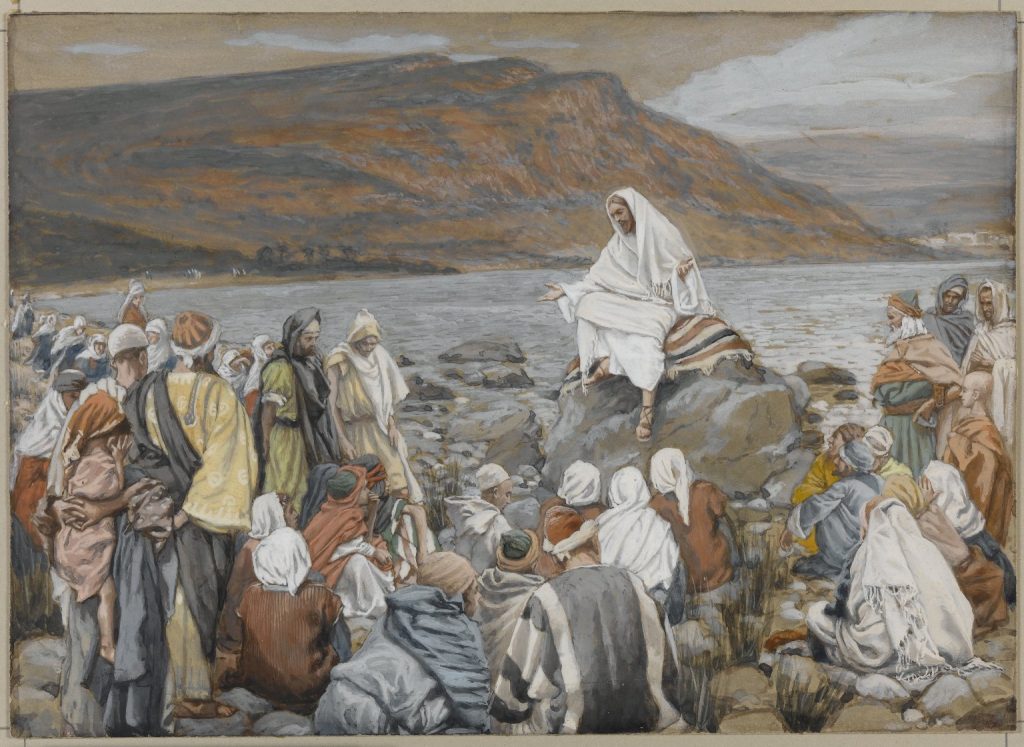The readings this weekend send us once again to labor on God’s behalf in the world.
God’s mercy allows for the human conversion that is necessary for building God’s Kingdom; building a ‘new humanity’ which is ‘up to the standards of God’s plan of love in history.’ Conversion necessarily speaks of a virtuous and moral life.
The Prophet Ezekiel speaks of the necessity to turn away from wickedness and turn to what is right and just.
St. Paul in the Letter to the Philippians puts it in terms of taking on the attitude of Christ. Christ humbled himself to take on our human condition, and in loving obedience laid down his life for us. Likewise, we are to humbly regard others as more important than ourself.
Taking our relationship with Christ seriously and putting his teaching into action builds God’s kingdom (vineyard). The history of the Church’s social teaching speaks to the ‘new humanity’ which will arise when we live the Gospel fully.
The Church, the sign in History of God’s love for mankind and of the vocation of the whole human race to unity as children of the one Father, intends with this document on her social doctrine to propose to all men and women a humanism that is up to the standards of God’s plan of love in history, an integral and solidary humanism capable of creating a new social, economic and political order, founded on the dignity and freedom of every human person, to be brought about in peace, justice and solidarity. This humanism can become a reality if individual mean and women and their communities are able to cultivate moral and social virtues in themselves and spread them in society. ‘Then, under the necessary help of divine grace, there will arise a generation of new men, the moulders of a new humanity.’
(Compendium on The Social Doctrine of the Church, #19)
Listen to today’s readings and homily below.
0